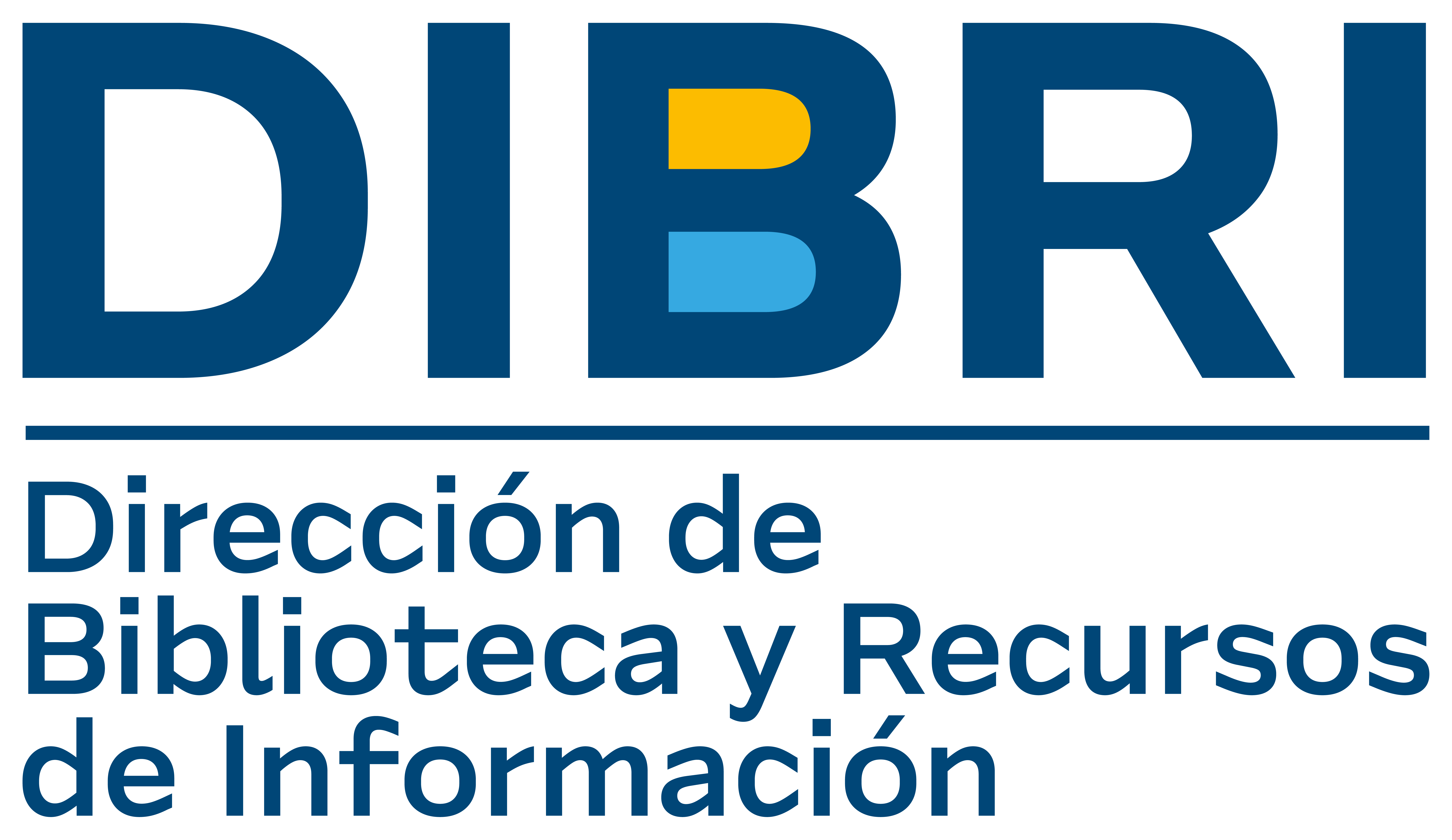Mostrar el registro sencillo del ítem
The ideal characteristics of the classroom environment to enhance oral production : a comparative study
| dc.contributor | Aguilar Rivas, Kevin Javier | |
| dc.contributor | Herrera Basualto, Andrea Antonia | |
| dc.contributor | Urra Mira, Yoselin Andrea | |
| dc.contributor | Villarroel Pérez, Patricio Miguel | |
| dc.contributor.advisor | Aguilera Munizaga, Mireya [prof. guía] | |
| dc.contributor.author | Bascuñán Sarmiento, Javiera | |
| dc.date.accessioned | 2022-04-18T14:41:13Z | |
| dc.date.available | 2022-04-18T14:41:13Z | |
| dc.date.issued | 2021 | |
| dc.identifier.other | Biblioteca Central | |
| dc.identifier.other | INGL A283i 2021 | |
| dc.identifier.uri | http://repositorio.ucsh.cl/xmlui/handle/ucsh/2412 | |
| dc.description | Seminario de título (Profesor de Inglés para Educación Básica y Media) -- Universidad Católica Silva Henríquez, 2021 | es |
| dc.description.abstract | In the following research, students' response from a specific school to different changes that were applied within a classroom and in the online contextwas observed. The changes used within the classrooms were essential for the meaningful learning of the young people, since the vast majority deal with the management and control of the behavioral aspects and the interpersonal relationships that they maintain between the student and the teacher. On the other hand, all these changes had a specific role in controlling certain elements based on the Krashen affective filter hypothesis (1988), where characteristics such as anxiety, attitudes, and interpersonal relationships could be addressed. However, our main objective was to establish a method where we can see an increase in the use of English, either short or complex sentences, taking into account the educational aspects that lead to a much more comfortable class or, in simple words, to create a conditioned classroom climate so that students could feel free to use a second language without the nervousness or shyness that is reflected in more straightforward practices within a school community.Other factors affect the learning process of oral production of a second language, which in this particular case is English. For example, the situation takes place within an oral presentation where the classmates' reaction is manifested before the completion of this exercise, causing a complex problem that could generate distrust in the student about the knowledge of it.The following research took into account the conditions that must be presented within a classroom for the proper use of the verbal ability in the English language, since it is VIIthe main engine to adapt students in comfortable situations to reduce stressful situations, generating in this way, more participation and events conditioned for better oral production, ignoring factors such as anxiety and eventual emotions involved in the use of a second language in young learners.Another variable that is no less essential to understanding this research is the role of the teacher within the classes,for the correct performance of activities where the use of English must be applied.Since the teacher must be the main protagonist and guide,so students can demonstrate their skills. Adding knowledge and getting the proper feedback without taking away their self-esteem or confidence. In addition, the teacher must be the one who can create valuable resources to achieve much more playful and participatory classes, providingstudents with different ways of using a second language.Keywords: Classroom Climate, Krashen affective filter hypothesis, Oral Production, Online Context, Role of the Teacher, Participation | es |
| dc.language.iso | en | es |
| dc.publisher | Santiago, Chile: UCSH | es |
| dc.rights | Atribución-NoComercial-SinDerivadas 4.0 Internacional (CC BY-NC-ND 4.0) | |
| dc.rights.uri | https://creativecommons.org/licenses/by-nc-nd/4.0/deed.es | |
| dc.subject | Inglés hablado -- estudio y enseñanza | es |
| dc.subject | Comunicación en la educación | es |
| dc.subject | Ambiente de clases | es |
| dc.title | The ideal characteristics of the classroom environment to enhance oral production : a comparative study | es |
| dc.type | Thesis | es |



